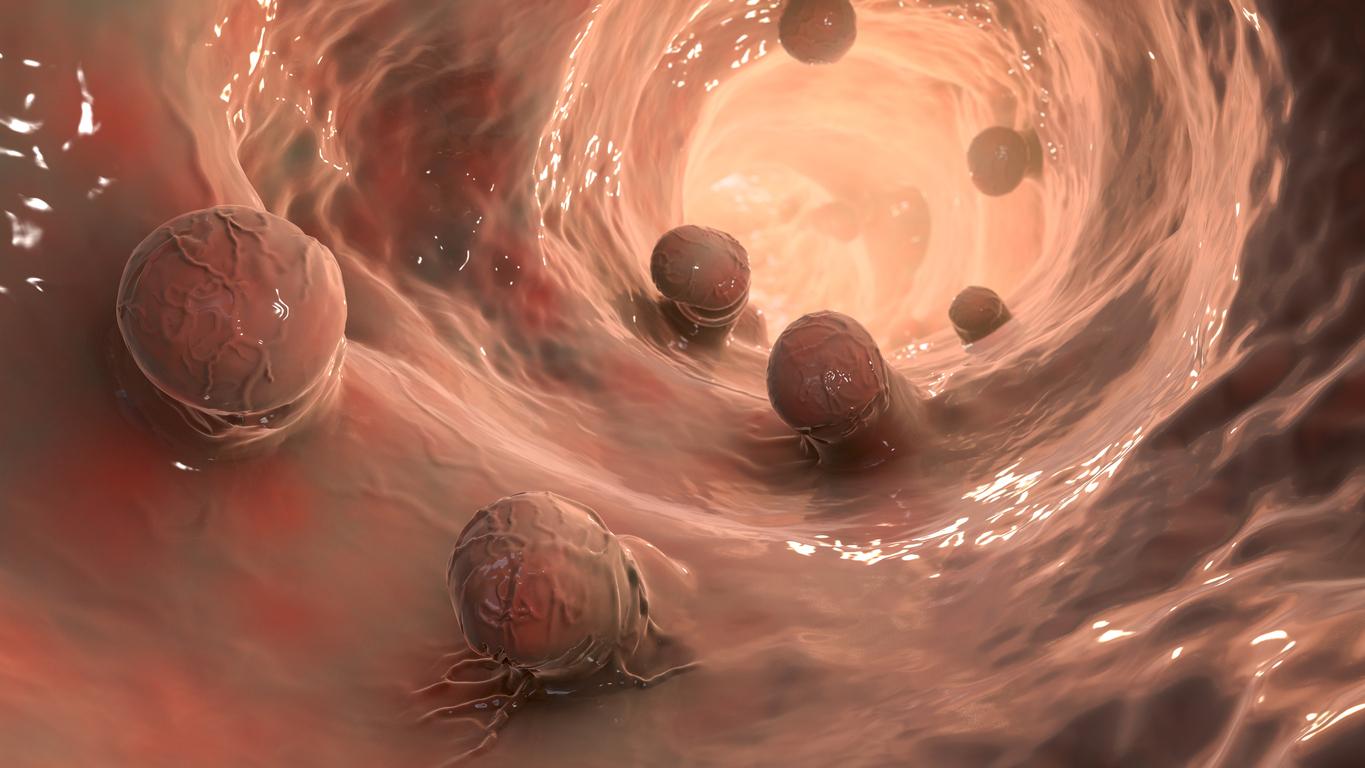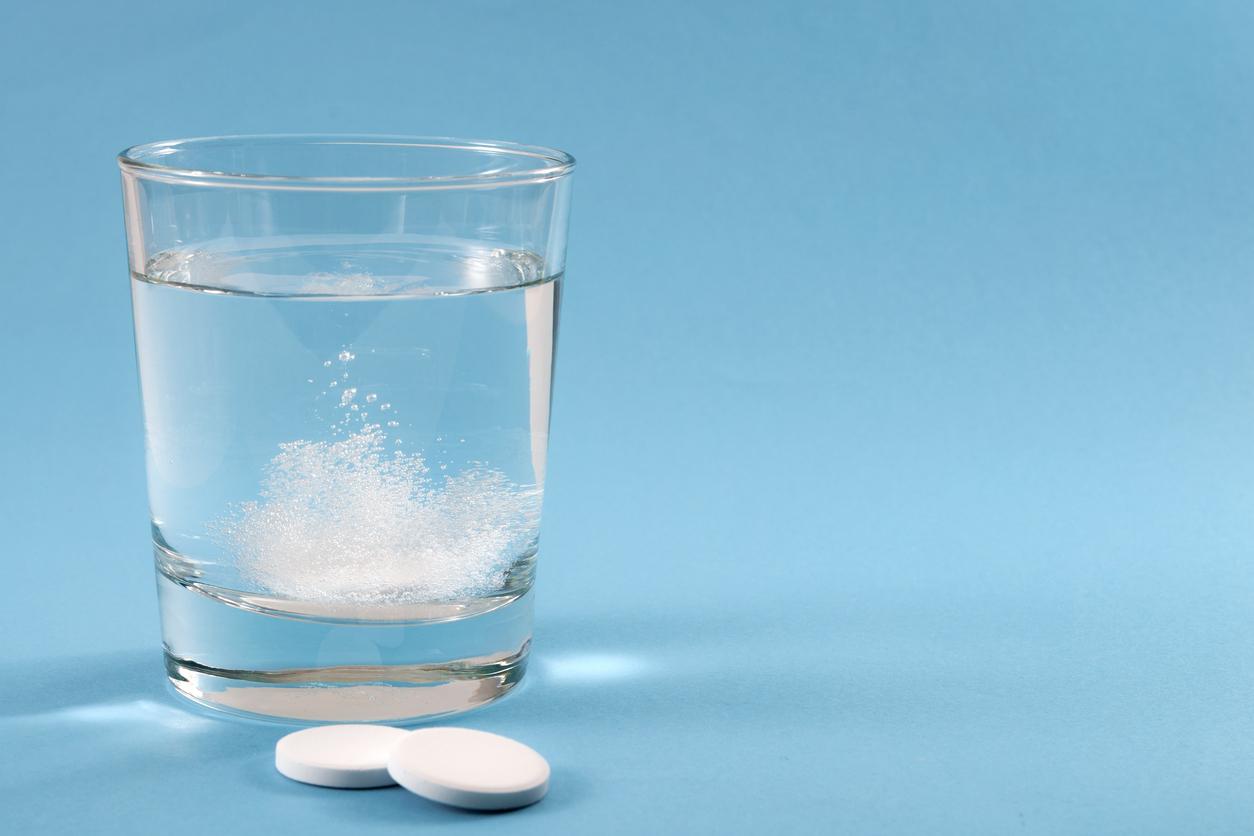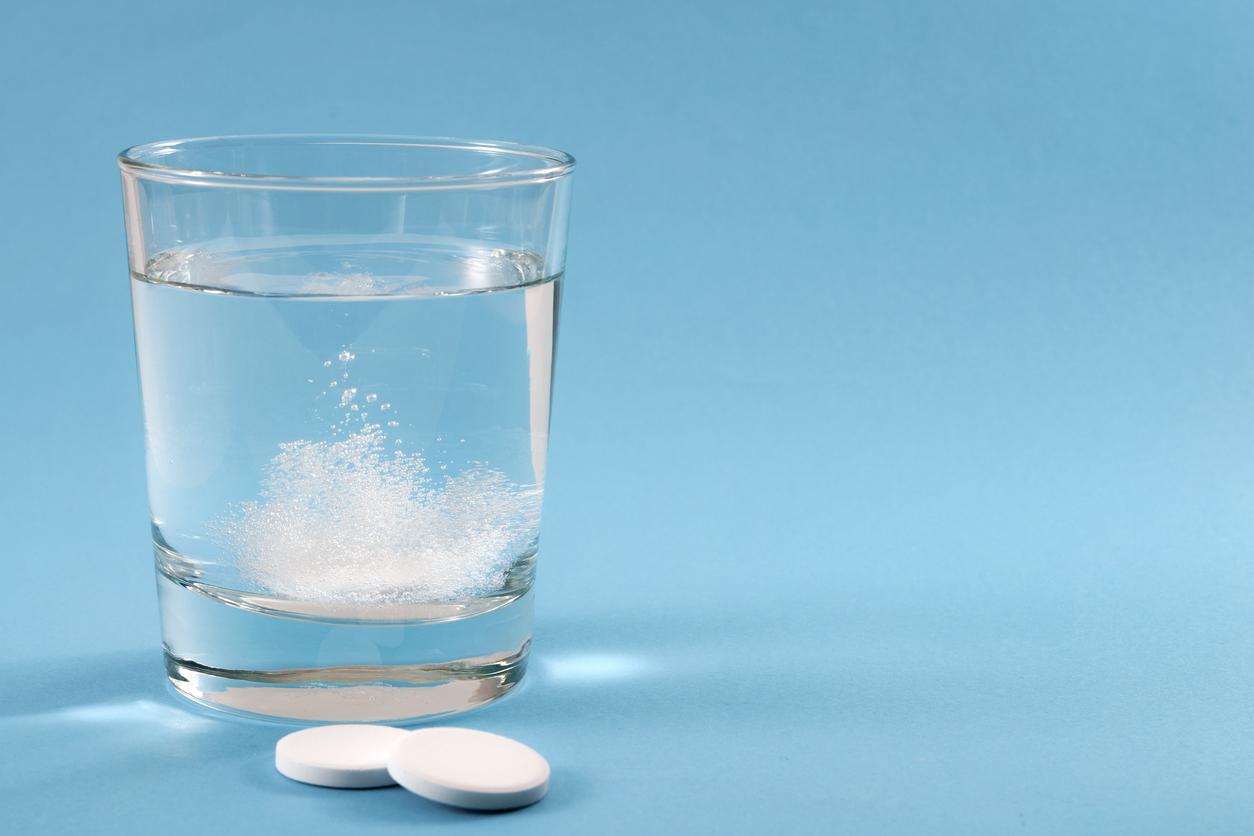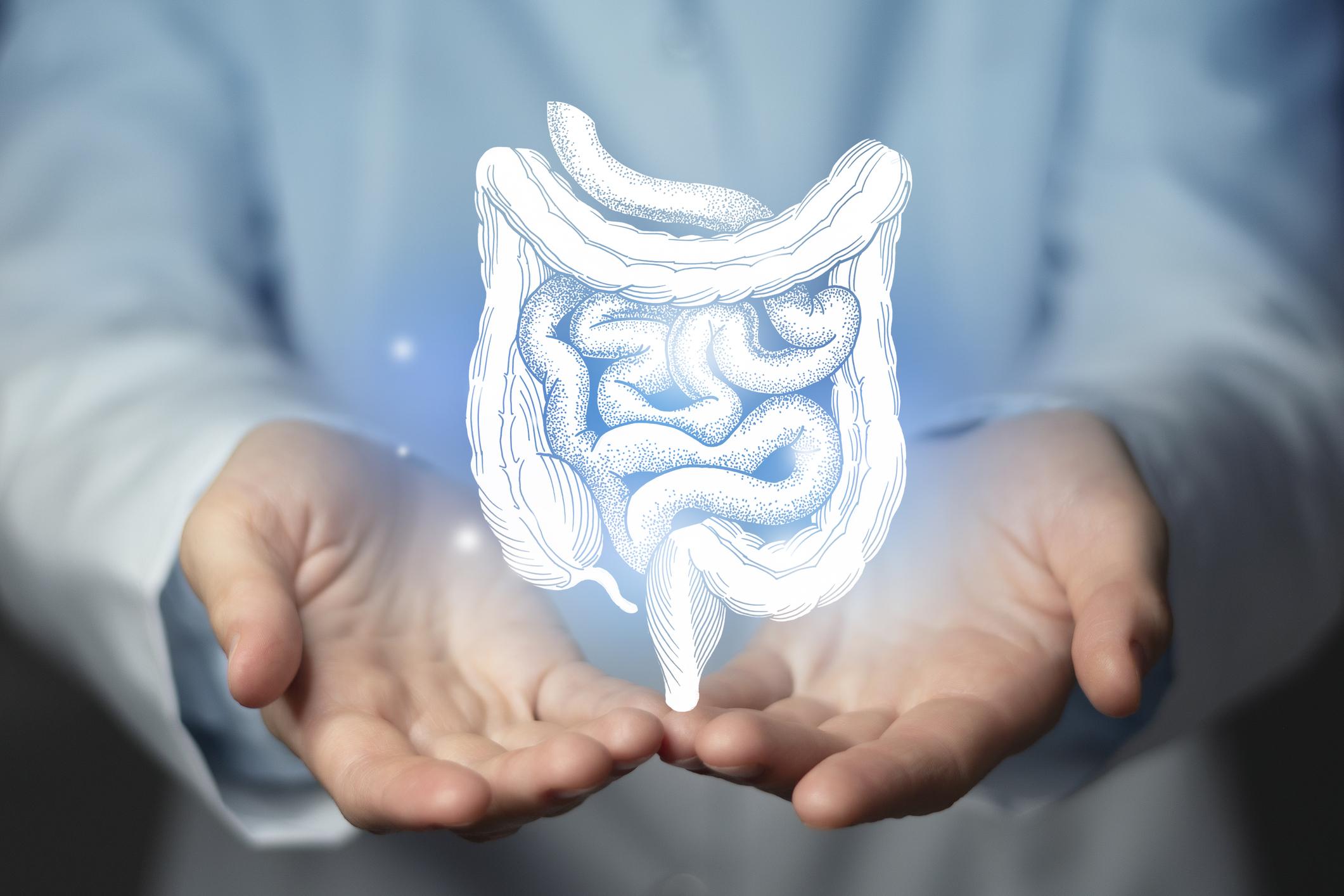Taking aspirin or ibuprofen for at least 5 years in low doses is associated with a reduced risk of colorectal cancer by about 30%.

Continuous, low-dose use of aspirin or nonsteroidal anti-inflammatory drugs (NSAIDs) such as ibuprofen for at least 5 years is associated with a reduced risk of colorectal cancer, according to a large Danish study published this Tuesday in The Annals of Internal Medicine.
Many studies have demonstrated the protective effect of aspirin against cancer of the ovaries, prostate and the digestive tract. This study, carried out on more than 110,000 participants, including 10,000 people with colon cancer, specifies that aspirin appears to be more protective in women.
Uninterrupted intake for 5 years
Researchers from the Department of Clinical Epidemiology at Aarhus University Hospital in Denmark show that taking a daily dose of aspirin of between 75 and 150 mg for at least 5 years is associated with a risk reduced by 27%. They also suggest that taking NSAIDs for the same period of time and at similar doses is linked to a 30-45% reduced risk.
Furthermore, the results indicate that the protective effects are canceled out if the intake is discontinued and / or less than 5 years. An American study published in August 2014 in Annals of Oncology showed that a dose of between 75 to 100 mg for 10 years reduces the risk of colon cancer, esophagus and also by about 35%. of the stomach.
Important side effects
However, with these beneficial effects come potentially serious side effects. Regular intake of aspirin increases the risk of gastrointestinal bleeding, ulcers or anemia. NSAIDs are also not without side effects. In high doses, they worsen kidney and heart failure, or promote high blood pressure.
This is why the person in charge of this work, Dr. John Baron of the University of Medicine of North Carolina, does not recommend taking aspirin or NSAIDs to prevent the onset of cancer without notice. medical. He also stresses the need for further research, in particular to determine the optimal doses.
.















